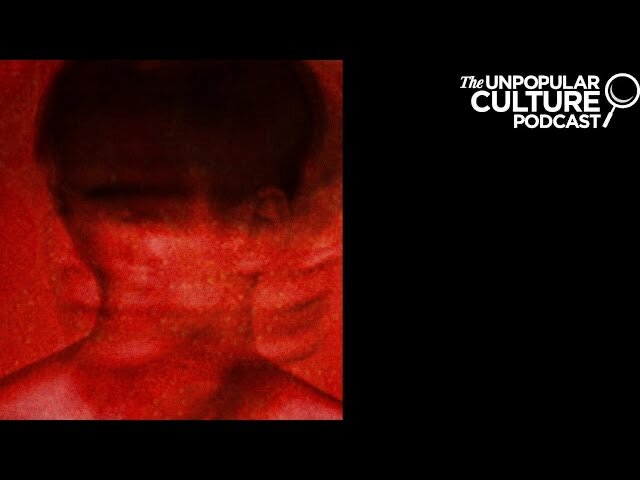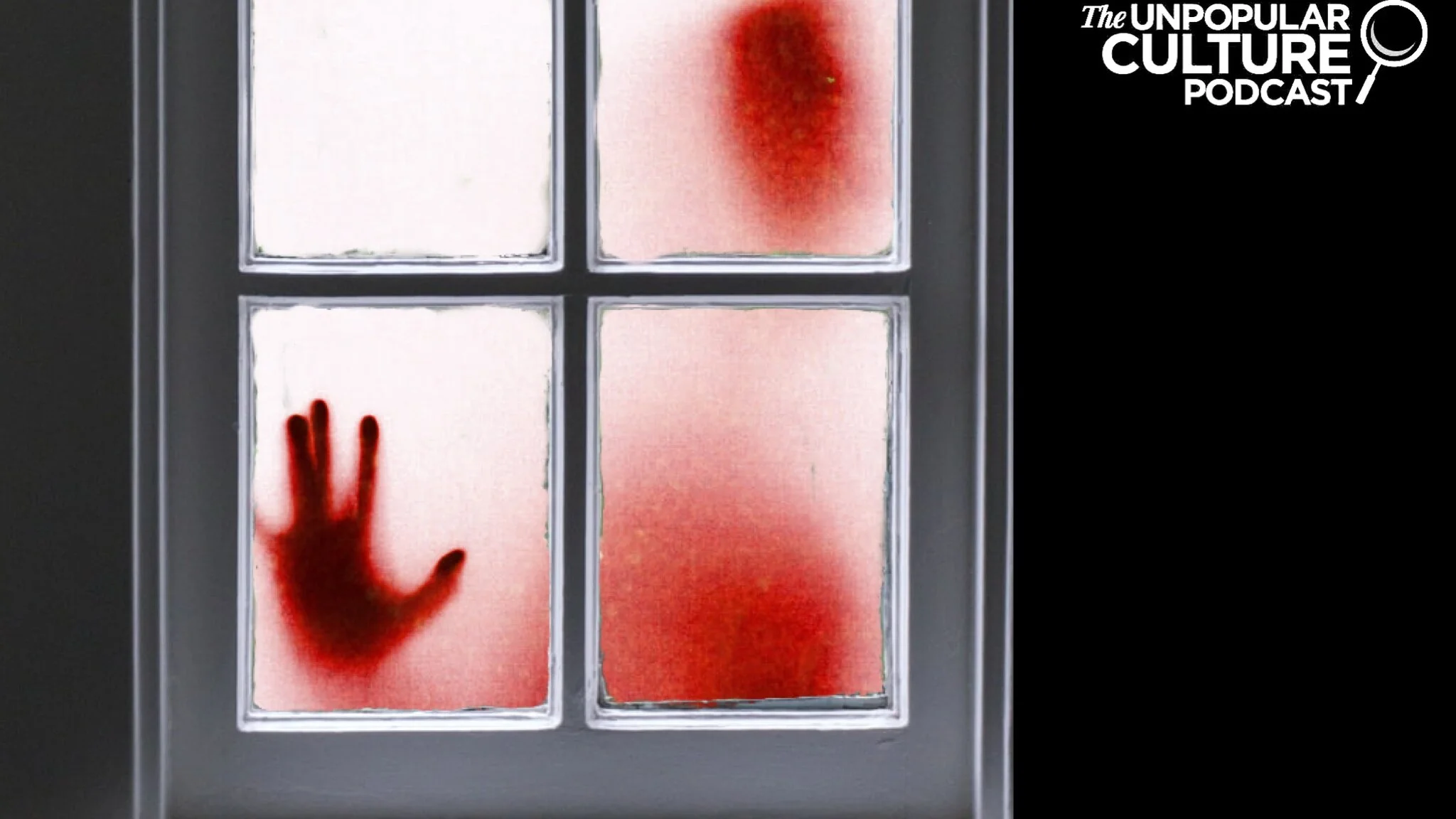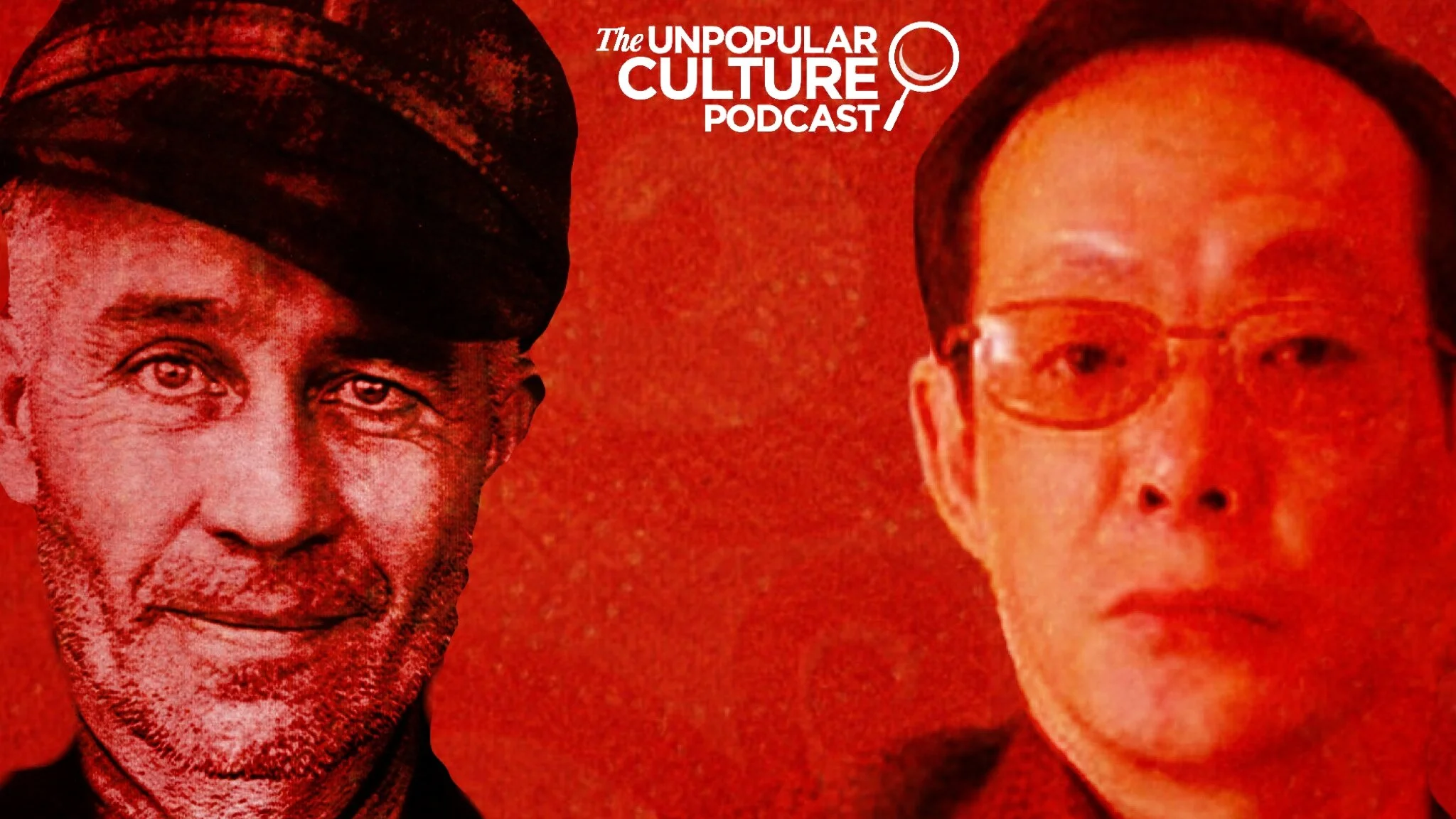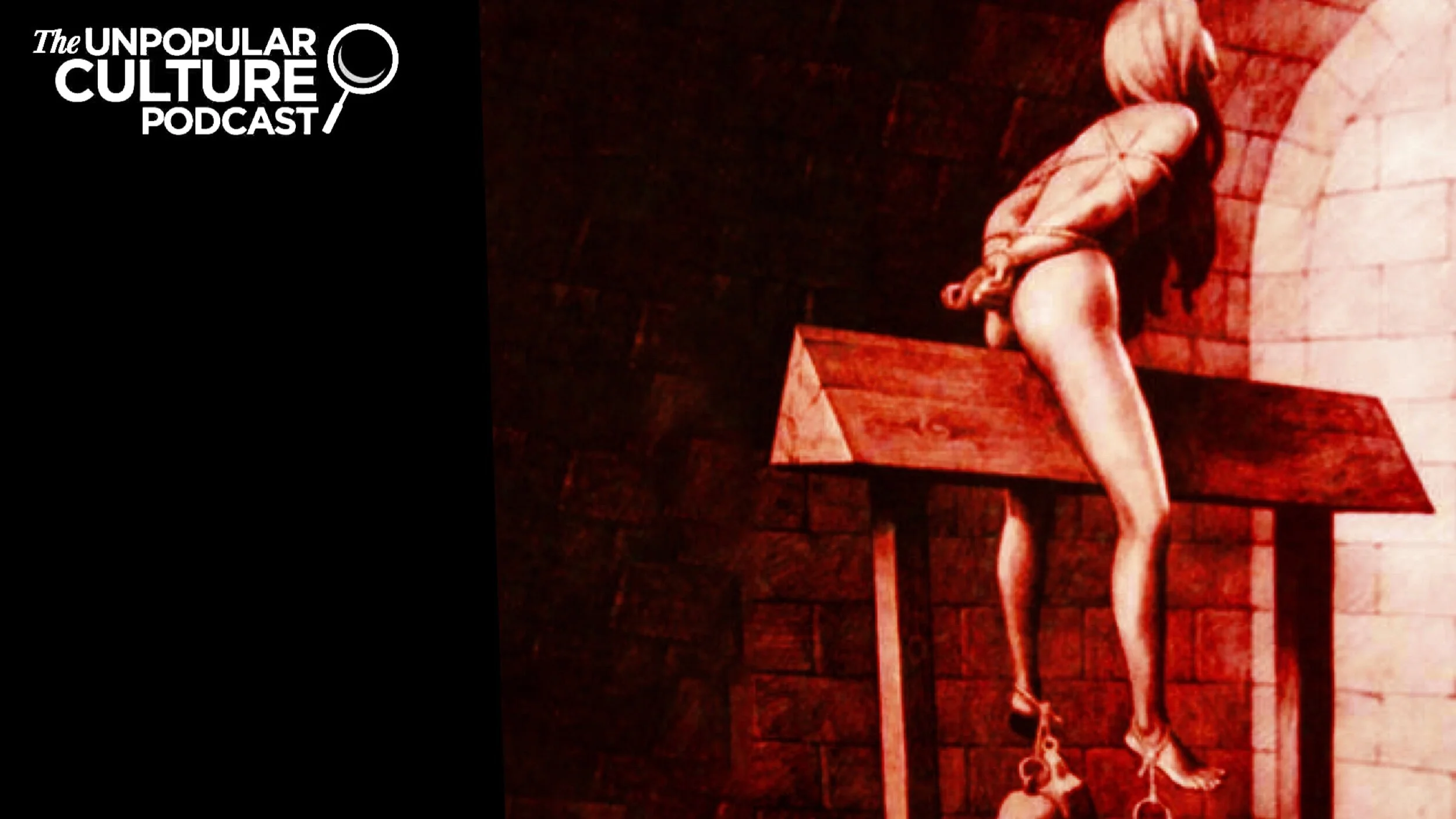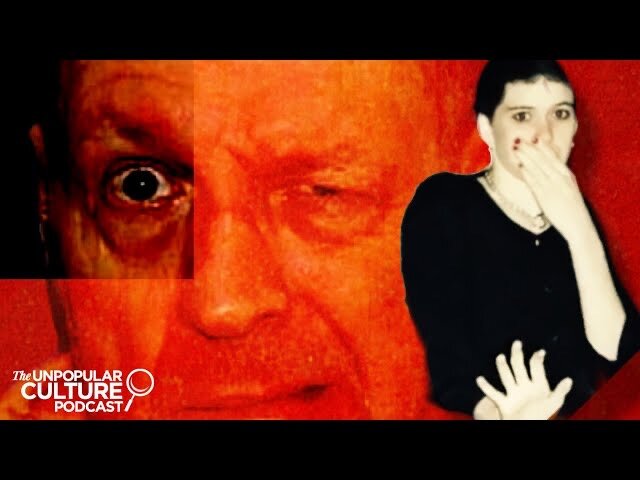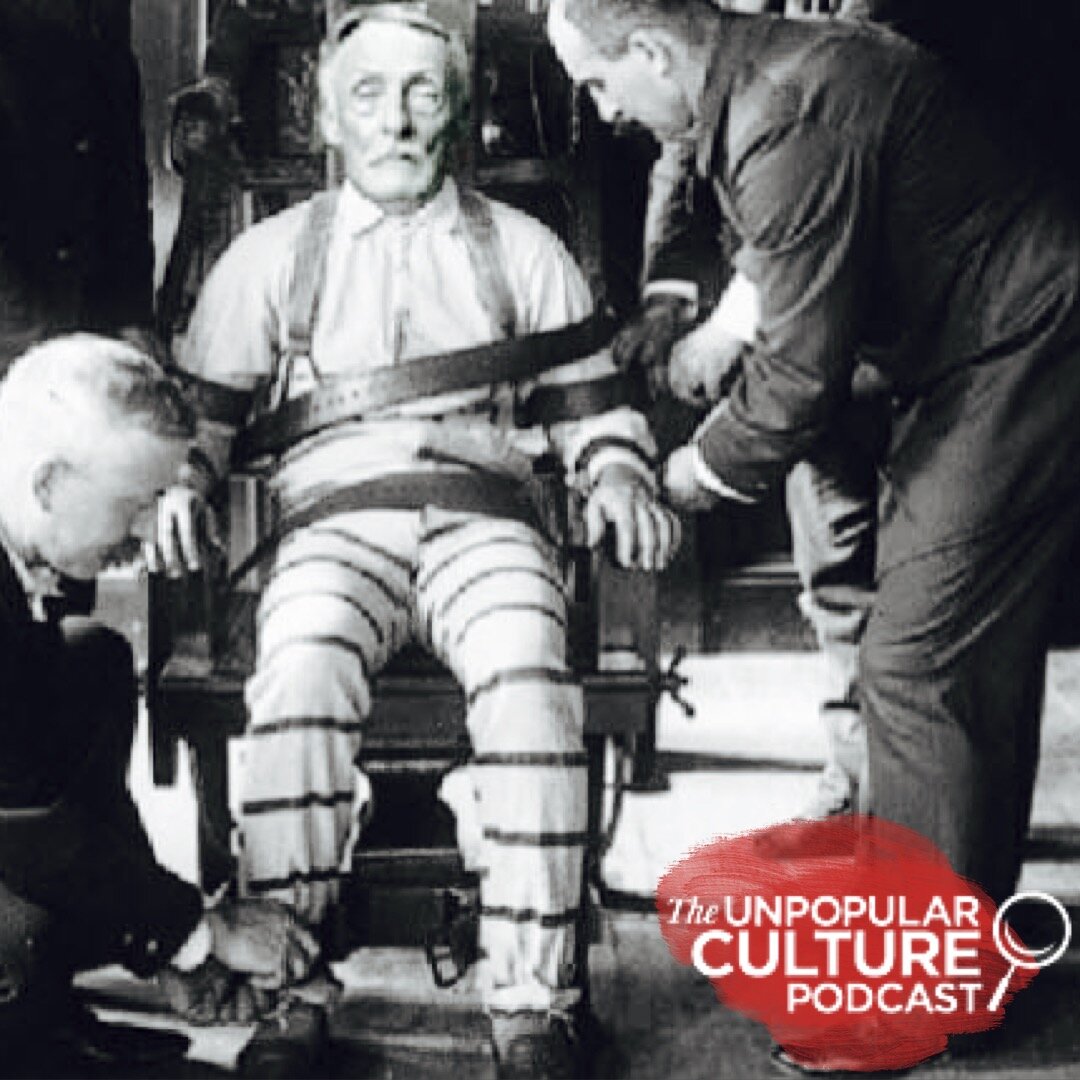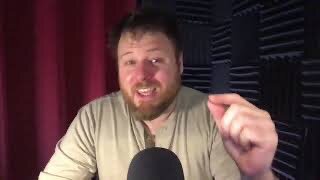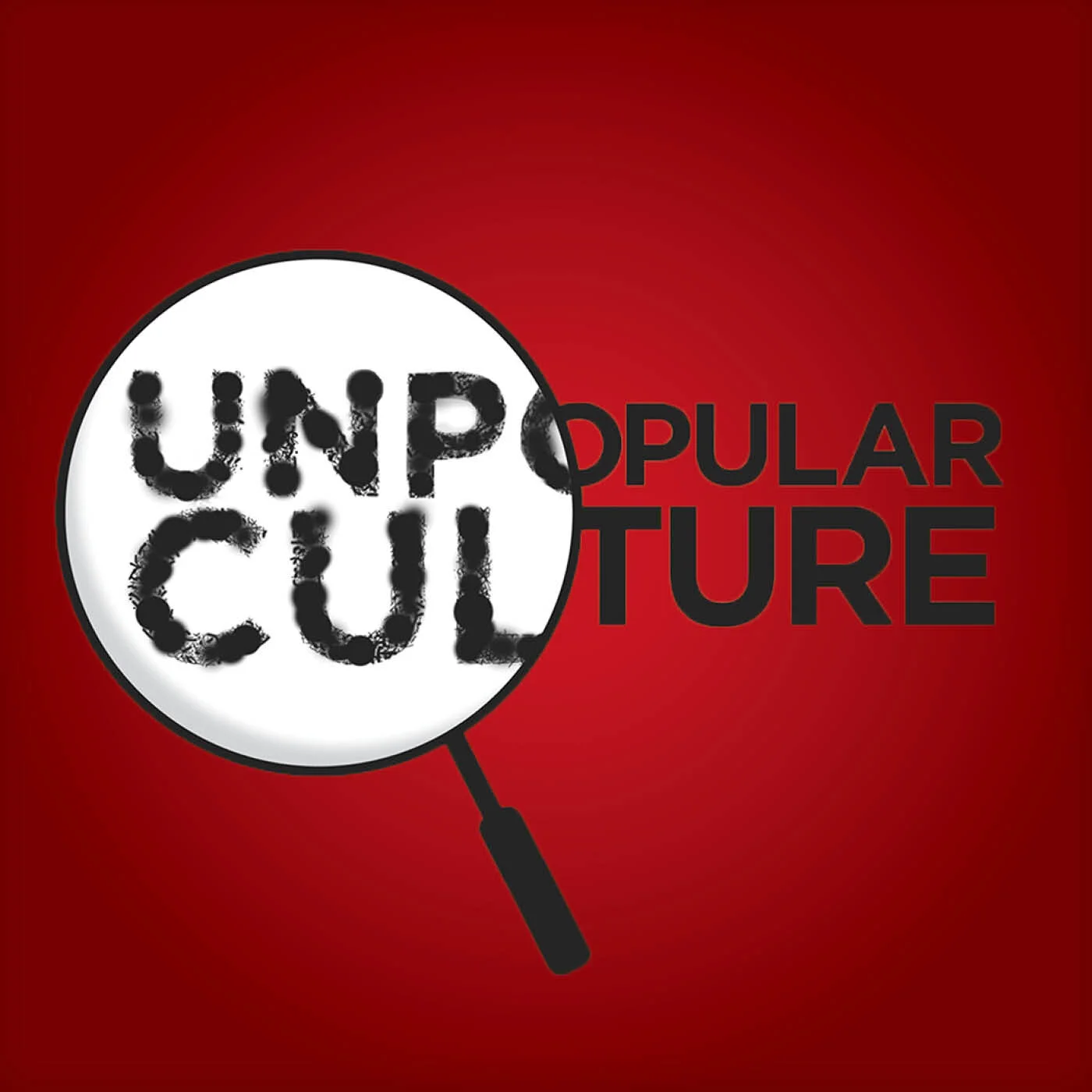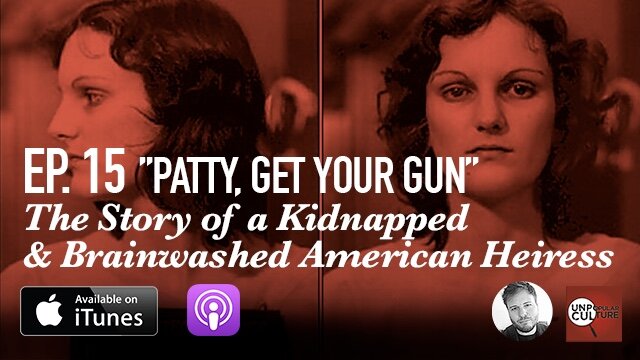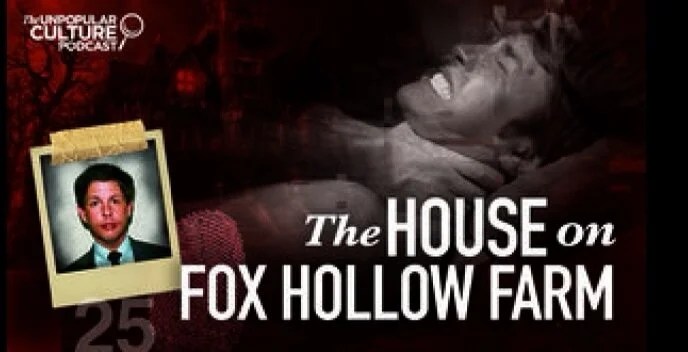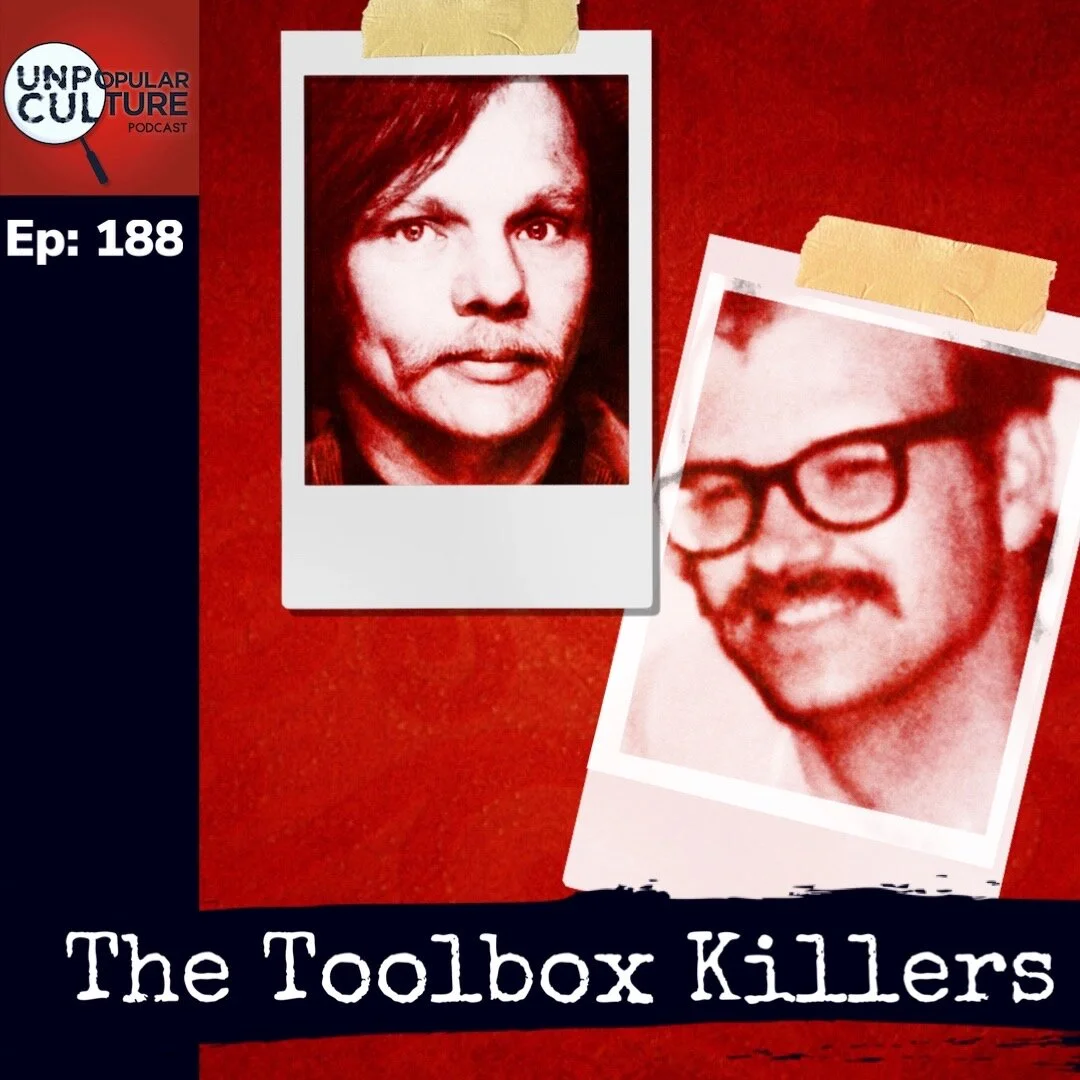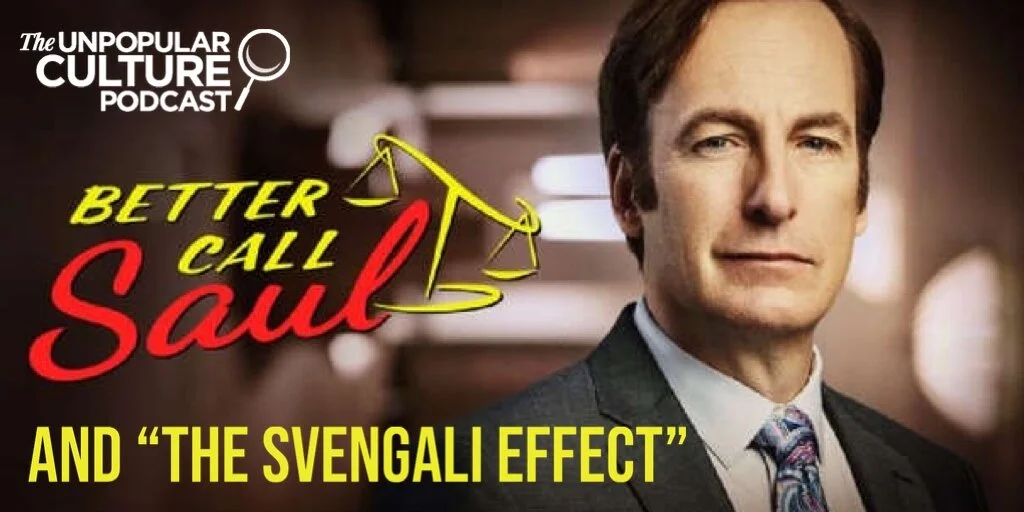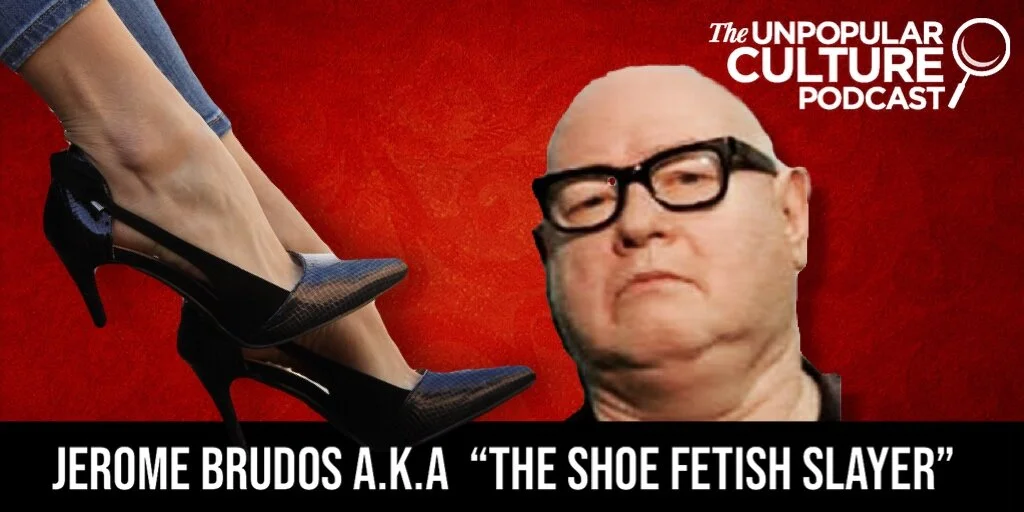👇Listen To The Full Episode Below👇
QUESTION 1: WHAT IS THE DIFFERENCE BETWEEN A PSYCHOPATH AND A NARCISSIST?
In this episode, Michael and Justin dive into a question from one of our listeners, @EricSimpo on Twitter ... Michael and Justin both agree that they are not exclusive terms. A psychopath is probably a narcissist, but a narcissist isn't necessarily a psychopath.
PSYCHOPATH: THE OFFICIAL TERMINOLOGY FOR PSYCHOPATHOLOGY IS ANTI-SOCIAL PERSONALITY DISORDER, FROM THE DSM-5, DATING ALL THE WAY BACK TO THE DSM-3.
Justin says psychopathology is a spectrum personality disorder characterized by callousness, anti-social behavior, superficial charm, narcissistic behavior, grandiosity a sense of entitlement, poor impulse control and a lack of remorse. Psychopaths vs. Narcissists—These are two separate things, although they overlap.
Michael agrees that psychopathology is characterized by a lack of sympathy or empathy for other people. He says it's basically that you don't have a conscience. There is a range, and every given person falls somewhere on the spectrum of being a psychopath. It's not that you ARE a psychopath or you're not. We are all capable of having moments where we don't have any empathy. Anti-Social Personality might sound like a mild term, but Michael says he's only diagnosed patients with it on a few special occasions, as it has extreme implications. Known to be impervious to treatment, psychopaths have a hard time in therapy, while most don't attend at all, and when you think about it, this makes a lot of sense! How could an un-emotional, anti-social person (psychopath) go willingly to a therapy session, let alone follow through with treatment? The sheer definition of a psychopath is to be anti-emotion.
In the case of a therapist trying to treat a psychopath with counseling—Michael advocates for the following: If you can't access their emotions, access their logic. So, rather than saying "Killing people is bad because you've hurt someone," instead say "Killing people is bad because you will go to jail," to highlight how it affects them, not other people.
NARCISSIST: VERY HIGH STANDARDS, GOAL SETTING, AND IN DESPERATE NEED FOR POSITIVE FEEDBACK FROM OTHERS.
You would think that a narcissist would be all-mighty and have high-self esteem, when in-fact the opposite is true. A narcissist needs to constantly hear from everyone that they are the best, because their self-esteem is so fragile. True clinical narcissistic personality disorder is rare, there's fewer than 200,000 diagnosed cases in the U.S. every year.
As for the glaring differences between a psychopath and a narcissist: Michael says he would rather treat a narcissist, because the potential for emotion is still there. At least their might be something to cling onto. Their empathy for other people is probably in there somewhere.
QUESTION 2: AS LONG AS I'M USING TECHNOLOGY AS A TOOL, I'M NOT ADDICTED, RIGHT?
A reference back to one of our season 1 episodes (Episode #4) "Where's My Phone?—The Psychology of Tech Addiction" this question comes from listener, Dianne on Twitter.
Michael makes the analogy of over-eaters. It's not as obvious as if it were heroin, technology IS an incredibly useful tool, just like eating food. But the issue is moderation, when something becomes so ingrained in your life that you're using it too much, than it's an addiction. And personally, that line is drawn differently for every individual.
Maybe the line should be drawn if you wake up and the first thing you do is check your phone, before talking to your spouse or brushing your teeth. What if you couldn't find it? Would you still go to work?
"Where's my Phone? Where's my phone? Have you seen my phone? Where's my phone? Is it under my bed? I can't live without my phone, where's my phone????" Are you using your phone to achieve a desired mood? A good thing to do about this is journal, how often are you thinking about your phone? It might alarm you.
Are you continuing to use the substance (technology) despite negative consequences? The biggest one here, Michael says is texting and driving. People do this a lot, and that's straight up addiction. If you're willing to put other people's live in danger for a few-seconds of a shoot up, a dopamine injection, a text message, than you are addicted.
Justin talks about Problematic Use and 5 simple things to focus on: Biology, Productivity, Legal, Financial, Social. Michael suggests mindfulness and meditation, especially when it comes to technology. Michael also recommends the book "Be Here Now" by John Cabbot Zen about mindfulness. Please don't go take drugs to manage your tech addiction.
MORAL OF THE STORY: EVERYTHING IN MODERATION.
Unpopular Culture Podcast is a psychology podcast hosted by Professor & Psychoanalyst Michael Drane. With help from professionals in different fields, he seeks to shine light into the broken underbelly of society.
Listen as he takes on the psychology behind subjects like:
True Crime: serial killers, murders, stalkers, cults, forensic analysis
Psychology: mental illness, social phenomenon, mob mentality, psychoanalysis, etc.
Culture: Sexuality, Satanic Panic, love, Tv analysis, movie analysis.
We are an independent psychology podcast. Help us keep UPC free of ads and on the air. Please consider supporting the show and get access to our "Stalkers Only" archive, and help be a part of the creative process.
Support the Show! —> patreon.com/upcpodcast
Follow Us On These Social Media Platforms
You Can Follow Us Here Or Anywhere You Find Awesome Podcasts

